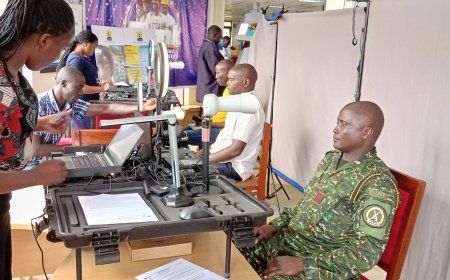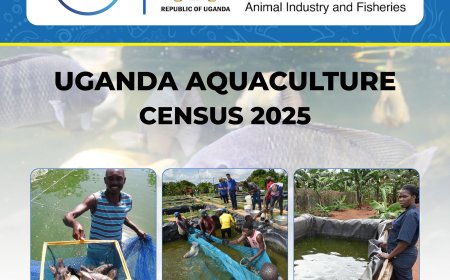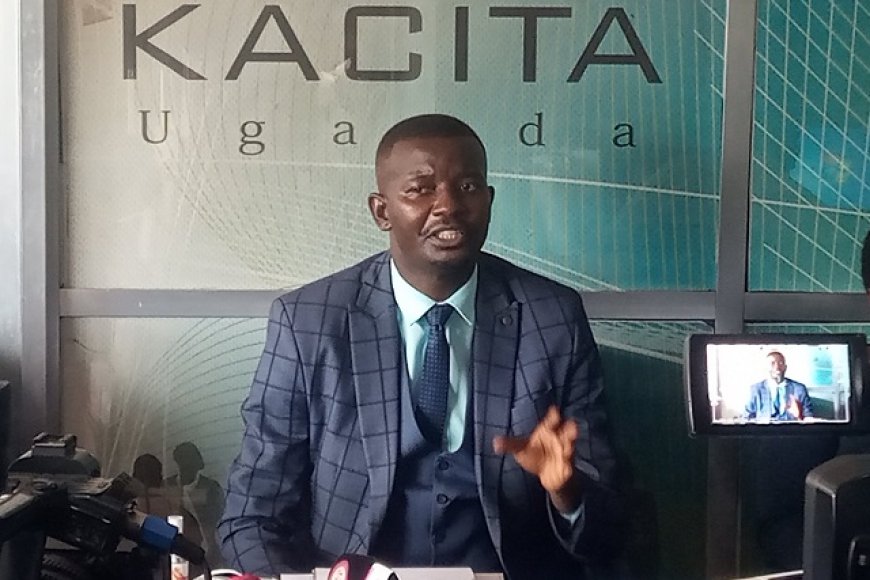The Downfall of KACITA as Traders Loose Confidence in it
Internal sources have revealed that the Kampala City Traders Association (KACITA) is facing increasing pressure as it contemplates another round of shop closures, following a previous protest earlier this month. The association, which represents the interests of traders, is reportedly anxious about whether the action will be well-received by its members, who remain divided on the effectiveness of such a move.
One source, speaking under condition of anonymity, expressed concerns that KACITA's leadership might be using the closure tactic to pressure the government into securing financial benefits for the association, rather than addressing the broader issues affecting traders. "This move seems more like a strategy to lobby for financial support from the president, rather than a genuine effort to improve conditions for all traders," the source stated.
The controversy comes in the wake of the introduction of the Electronic Fiscal Receipting and Invoicing Solution (EFRIS) by the Uganda Revenue Authority (URA) in 2021, a policy aimed at streamlining tax administration by generating accurate transaction data. However, traders, particularly in downtown Kampala, have expressed strong opposition to the system, arguing that it is too stringent and invasive. Many feel that it undermines their ability to keep business information confidential and is akin to double taxation.
The situation escalated in early April when traders organized a peaceful demonstration, closing their businesses for an entire week in protest against the EFRIS system. They cited lack of proper sensitization and insufficient infrastructure to support the new system, which they claim has made their operations increasingly difficult.
While EFRIS is not a tax, the system’s implementation has been viewed by some as an additional burden, contributing to the financial strain already faced by many traders. The system was designed to assist URA in assessing the correct taxes, but traders argue that its imposition without adequate training or infrastructure is unfair.
In light of these ongoing challenges, questions are being raised about whether KACITA should continue pushing for further demonstrations or shift its focus towards collaboration with URA. Sensitization efforts have been suggested as a more effective means of helping traders adapt to the new system and understand its benefits.
KACITA’s leadership remains firm in advocating for the rights of traders, and during a recent demonstration, Godfrey Katongole, Chairman of the Kampala Arcaders Association (KATA), emphasized the association’s frustration with the government's failure to engage in meaningful dialogue. Katongole highlighted the need for the reduction of import duties, which currently stand at 35%, urging that they be brought down to 20% to ease the financial burden on traders.
Despite these challenges, there is still hope among traders that President Museveni will intervene in their favor. In a recent meeting, the President advised URA to be more flexible with the EFRIS implementation, suggesting that alternatives, such as mobile phone technology, could be considered to ease the burden on traders.
As the deadline for another meeting with the President approaches, traders remain hopeful that their concerns will be addressed, and that the President will take further action to alleviate the pressures of high taxes and strict business regulations. The upcoming discussions could determine the future of the EFRIS system and the livelihood of countless traders in Kampala.





















































































































